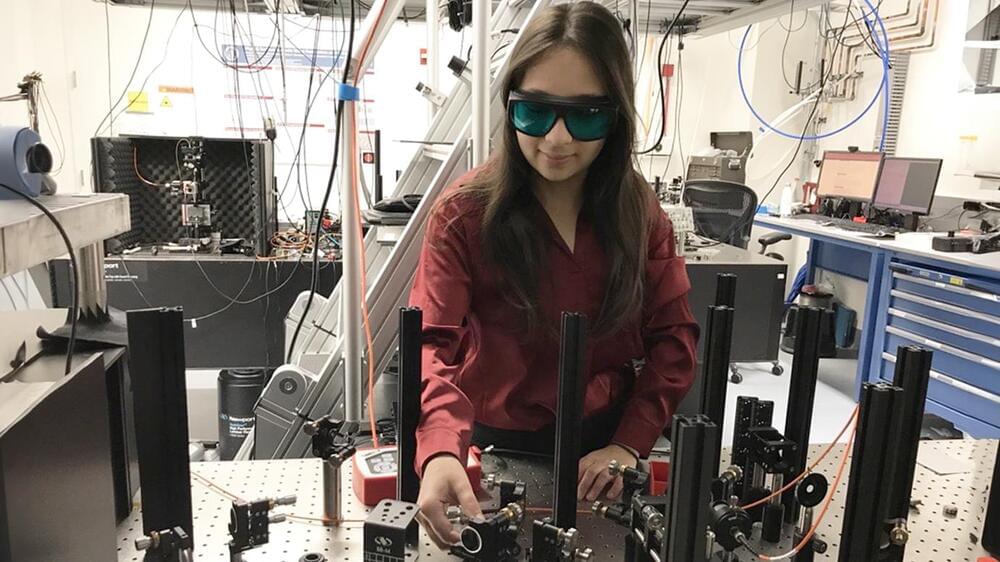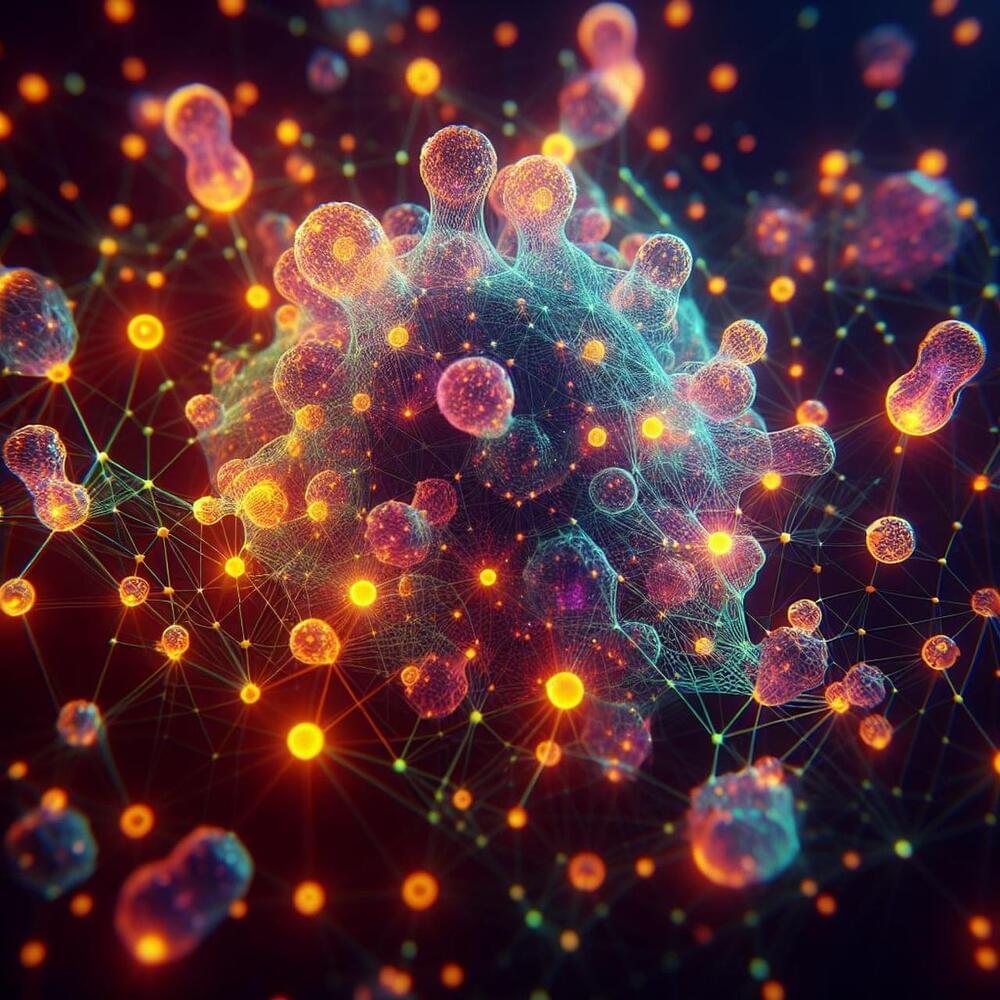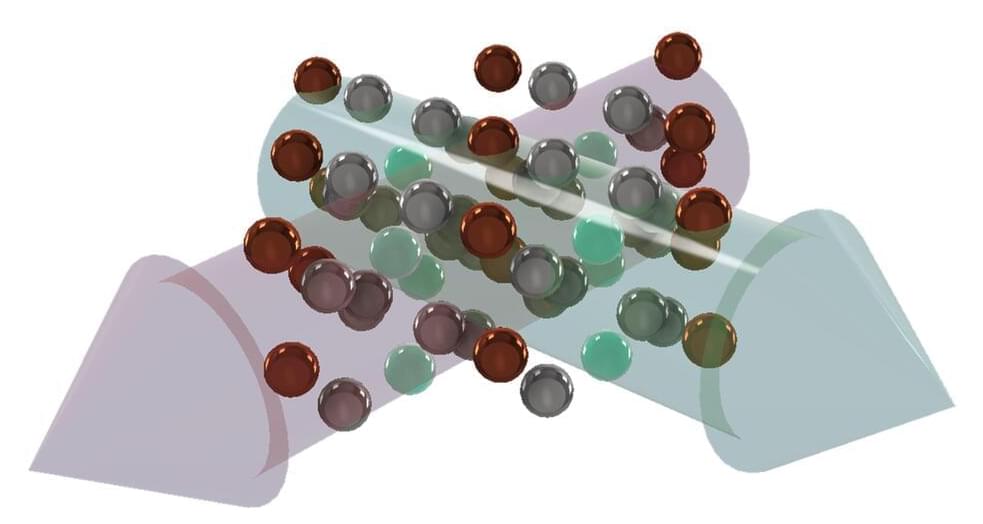Editor’s note: This story is part of Meet a UChicagoan, a regular series focusing on the people who make UChicago a distinct intellectual community. Read about the others here.
Wide is the spectrum of scientific inquiry, ranging from the philosophical— What is information?—to the banal — Where did I put that Allen wrench?
For University of Chicago graduate student Chloe Washabaugh, there is joy to be found in all of it. A Ph.D. student in quantum engineering at the Pritzker School of Molecular Engineering, Washabaugh fashions molecules into tiny quantum information processors, designing them to sense, send or store data—whatever the need.







